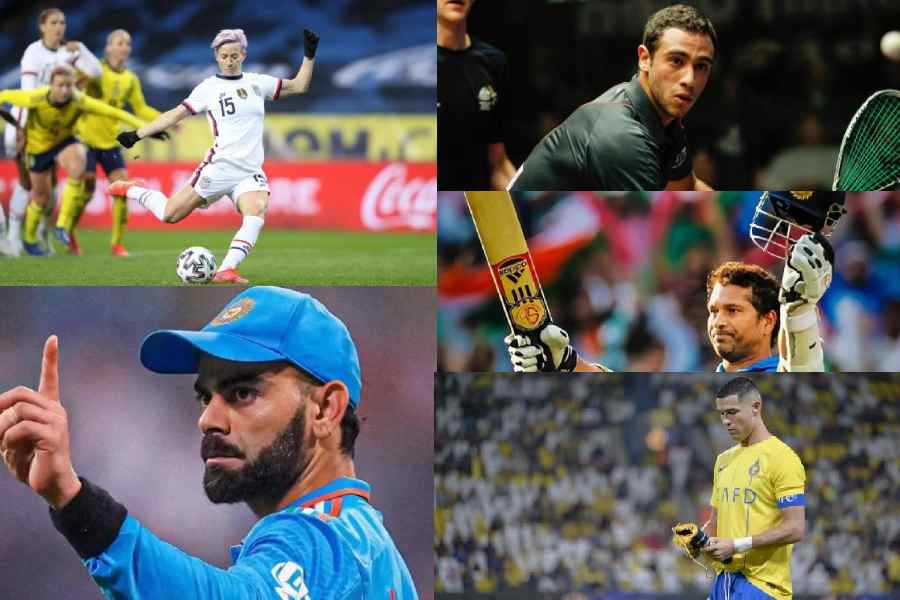As someone who specialises in mental performance mastery, I have noticed that athletes put in a lot of effort to optimise their abilities. They meticulously design their diets, stick to training regimens, and prioritise getting rest. However, one aspect that often goes overlooked is the importance of resilience when it comes to achieving peak performance.
Sports performance anxiety, which can manifest as nervousness, overexcitement, or apprehension, has an impact on an athlete’s decision-making and overall performance. To overcome this challenge, it becomes crucial to master mental strength.
six steps to overcome sports performance anxiety
Emphasising practice, the foundation of confidence: Throughout my coaching journey, I have witnessed the transformative power of practice. Whether it’s honing skills on the tennis court like Serena Williams or fostering teamwork in football, dedicating oneself to practice cultivates unwavering confidence. Athletes like golfing legend Tiger Woods or squash icon Nicol David exemplify how relentless practice can profoundly impact performance.
Maintaining routine, a pathway to comfort: The significance of sticking to routines cannot be overstated. Tennis champions like Rafael Nadal or soccer maestros such as Cristiano Ronaldo draw strength from their competition rituals, which provides a sense of familiarity and helps alleviate anxiety.
Reframing anxiety, embracing the power of preparation: Changing our perspective on anxiety and seeing it as a reflection of preparation is crucial. Athletes like Phil Mickelson in golf or Sachin Tendulkar in cricket, view game nerves as indicators of their meticulous groundwork.
Limiting distractions for heightened focus: It is essential to minimise interactions and distractions before competitions. Squash sensation Ramy Ashour’s seclusion prior to matches or tennis superstar Naomi Osaka’s intentional isolation exemplifies the effectiveness of reducing disruptions for focus.
Cultivating a zone of silence for concentration: Creating a zone of silence during the 30 minutes leading up to a match helps channel one’s focus. Techniques such as visualisation and mindfulness, such as those practised by football stars Megan Rapinoe and Mohamed Salah, promote a mental state.
Transitioning from calmness to enthusiasm: In the moments before competition, transitioning from a state of calmness to enthusiasm is vital. Infusing the energy displayed by cricketers Virat Kohli and LeBron James embodies the mental state conducive to peak performance.
Meditation enhancing mental clarity: Mindfulness and meditation serve as pillars for redirecting athletes’ focus from anxiety-ridden thoughts towards execution.
By adopting these practices, athletes are able to develop a sense of focus and reduce the impact of distractions driven by outcomes. Renowned golfer Rory McIlroy and tennis star Novak Djokovic have embraced techniques to enhance their ability to stay in the moment. These practices enable athletes to navigate the arena with unwavering concentration by bridging the gap between their thoughts and actions.
Mindfulness techniques, such as breathwork, meditation and focusing on a point are tools for fostering self-awareness among athletes. Achieving success in sports requires an approach that combines prowess with mental resilience. By emulating strategies utilised by sports figures across disciplines, athletes can cultivate mental strength that goes beyond their physical abilities.
Ultimately, developing fortitude is crucial for overcoming performance anxiety in sports. It empowers athletes to thrive in environments and enables them to surpass their limitations, resulting in peak performance.
Anwar Wahhab is a Mental Performance Mastery Coach and a Bioprint practitioner.
You can reach him at anwarwahhab@awefitness.com
